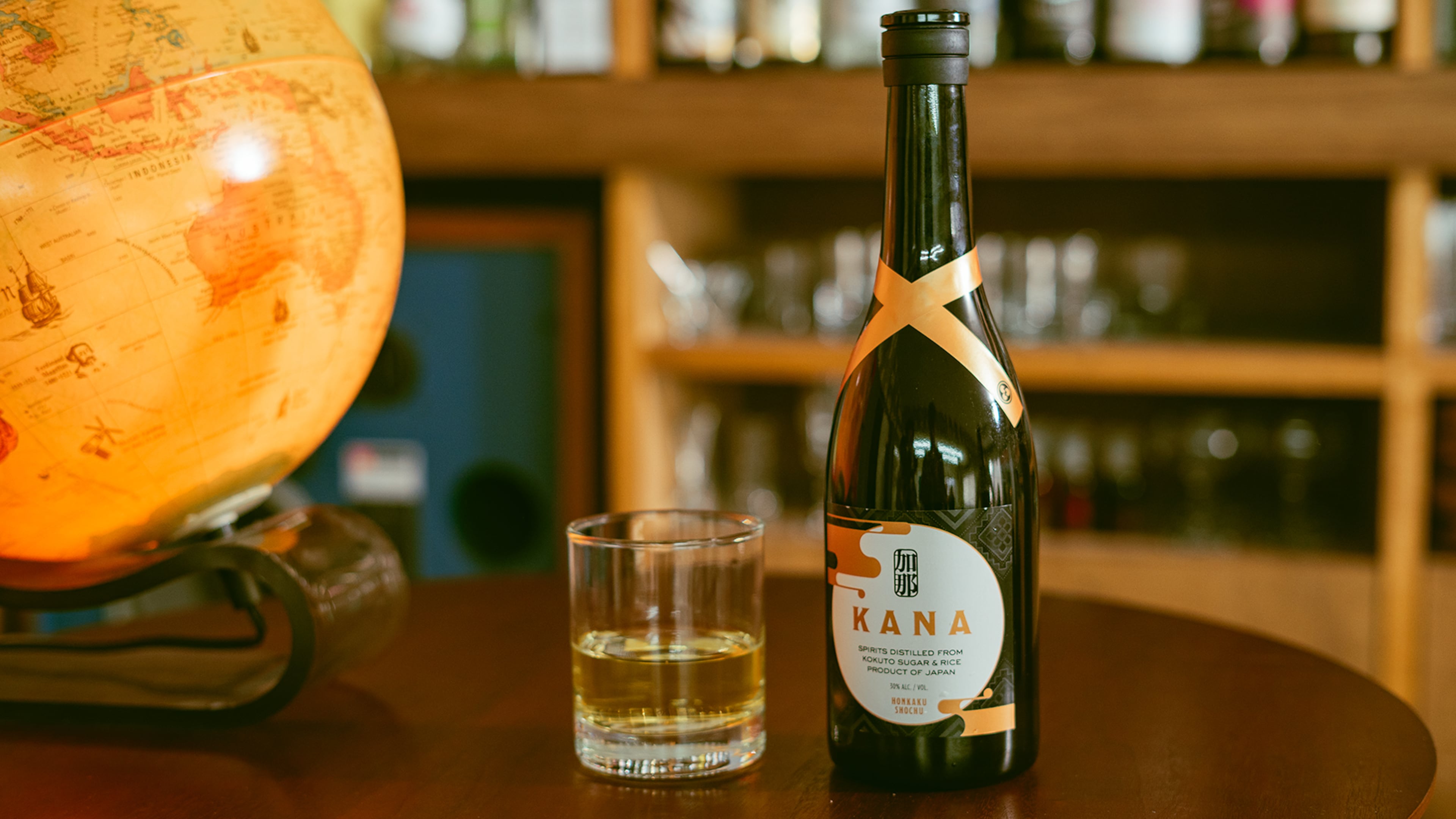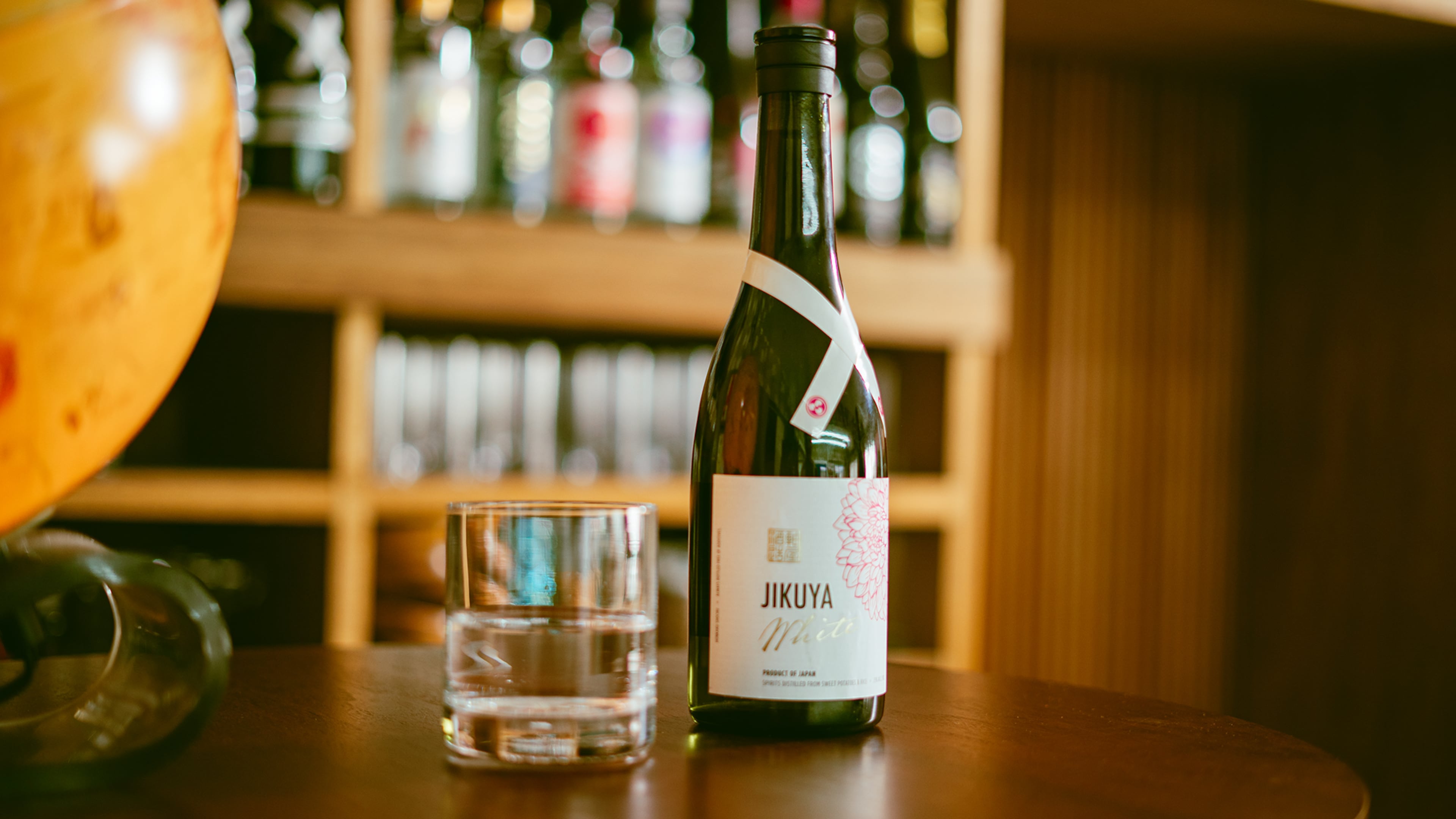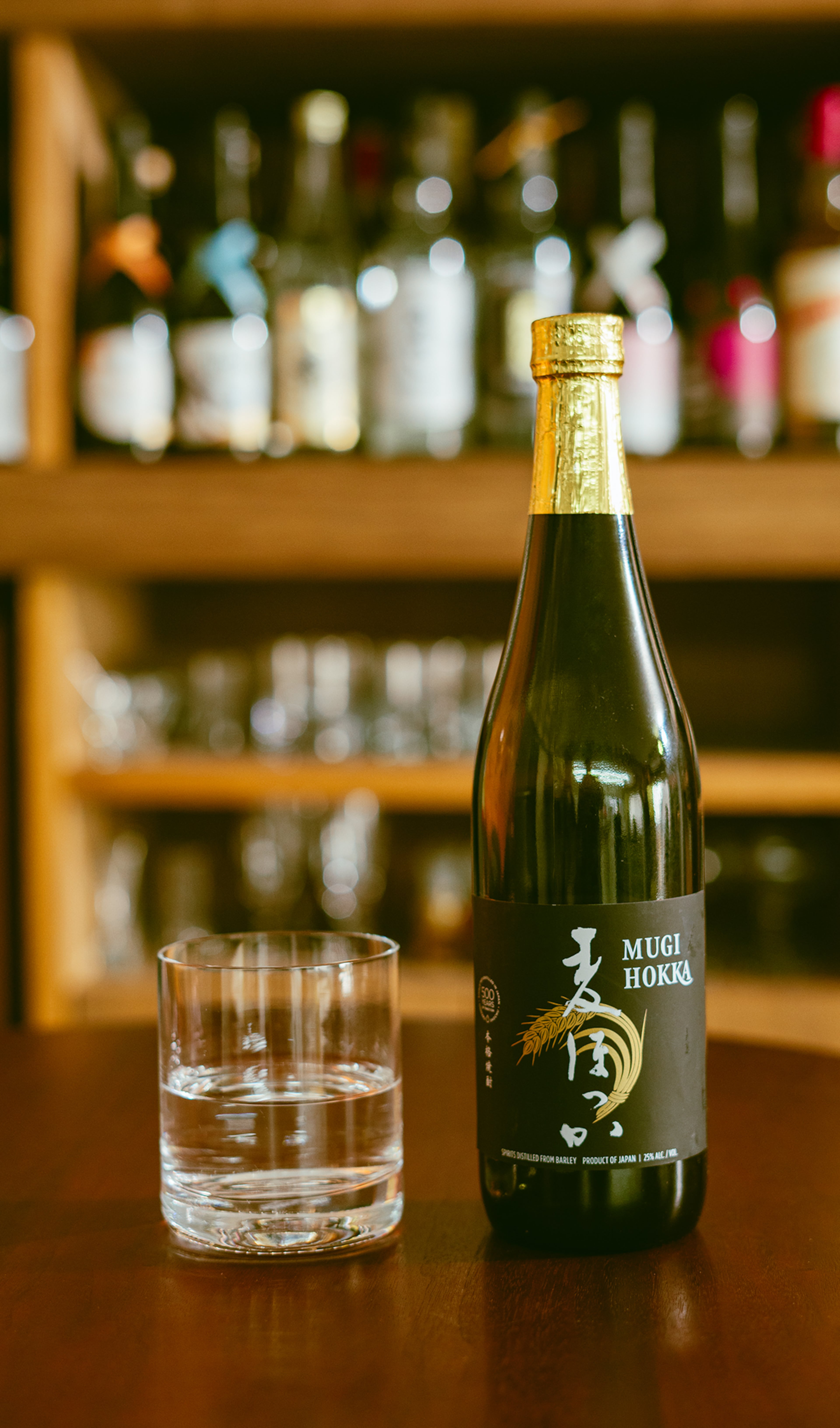Get to know Japan’s favorite distilled spirit (and it isn’t sake)

Shochu (pronounced show-chew) is the best-selling spirit in Japan. Could it be poised for its moment in the U.S.?
Christopher Pellegrini thinks so.
“Shochu is Japan’s best-kept gustatory secret,” said Pellegrini, author of “The Shochu Handbook,” considered the foremost reference on Japan’s indigenous distilled spirit, which has been revered since at least the 16th century.
First off, shochu is not the same as soju, a Korean spirit that is column-distilled — much like vodka — and then diluted and artificially sweetened. “Many people in the U.S. conflate Korean soju with Japanese shochu, but that’s insulting to both cultures,” Pellegrini said.

Honkaku (orthodox) shochu “is the most diverse spirit in the world,” Pellegrini said. Because shochu is made from a range of base ingredients, the resulting beverage can vary enormously in flavor and aroma. Legally, it can be made only with a traditional pot still.
There are 53 approved ingredients for the mash from which authentic shochu is fermented, but the most common are sweet potato, barley, rice, kokuto sugar, buckwheat (soba) and sake lees (a byproduct of sake production). Sweet potato and barley shochu sales make up more than 90% of the market in Japan.
The only things permitted to be added to the base ingredients in production are koji, to convert the starches into sugar; yeast, to consume the sugar and produce alcohol during fermentation; and water, for dilution. No other additives are allowed.
The two-stage fermentation process typically takes 2½ to 3½ weeks, Pellegrini said, after which the pot still is used just once to create a spirit that smells and tastes like its ingredients. The fresh shochu then is aged in tanks, clay pots or oak barrels before bottling. While regulations allow shochu to be bottled at up to 44.9% alcohol by volume, it most commonly hits the shelf at 25%-30%.
Other factors besides the ingredients can affect the flavor, aroma and mouthfeel. There are two types of stills used: atmospheric and vacuum. “A vacuum still allows a much softer boil during distillation, which gives way to lighter aromas,” Pellegrini said. “Sweet potato shochu makers still use atmospheric stills, since earthy and spicy notes are valued by fans of the style.”

Shochu can be enjoyed in a variety of ways. You can try it neat or, as is common in Japan, mix it with water. Shochu is delicious hot or cold, and it makes a great cocktail base.
To start a tasting journey, Pellegrini recommended four shochus available in the U.S.:
Mugi Hokka (barley shochu, Tensei Distillery, 25% ABV). Because 8% of the mash bill is roasted barley, Pellegrini calls it “French Breakfast,” with aromas of toasted baguettes, cacao and coffee. You can pour it over ice or mix it into a low-cal, reduced-proof espresso martini.
Jikuya White (sweet potato shochu, Jikuya Distillery, 25% ABV). Made by one of the few distilleries in the industry headed by a woman, this shochu is fermented from purple sweet potatoes and has bright, fruity notes. You might want to enjoy it on the rocks or in a refreshing highball. It also adds a delicious accent to a lychee martini.

Chiran Tea Chu (green tea shochu, Chiran Distillery, 25% ABV). The maker of Chiran shochu also happens to be a tea farmer. He decided to marry two staple crops by adding green tea leaves to his sweet potato shochu fermentation. The result is a complementary blend of sweet potato earthiness and green tea’s pleasing astringency. You can sip it on the rocks or battle colder evenings with a toddy.
Kana (kokuto sugar shochu, Nishihira Distillery, 30% ABV). This barrel-aged shochu was awarded 97 points by Wine Enthusiast and is made by the youngest female master brewer-distiller in the industry. Because of its subtle, grassy notes of rum agricole, it’s best to enjoy Kana neat or on the rocks.
Sign up for the AJC Food and Dining Newsletter
Read more stories like this by liking Atlanta Restaurant Scene on Facebook, following @ATLDiningNews on Twitter and @ajcdining on Instagram.

